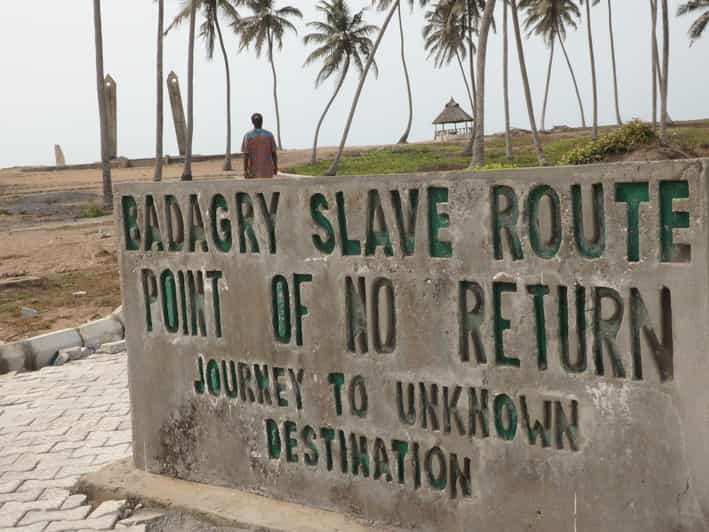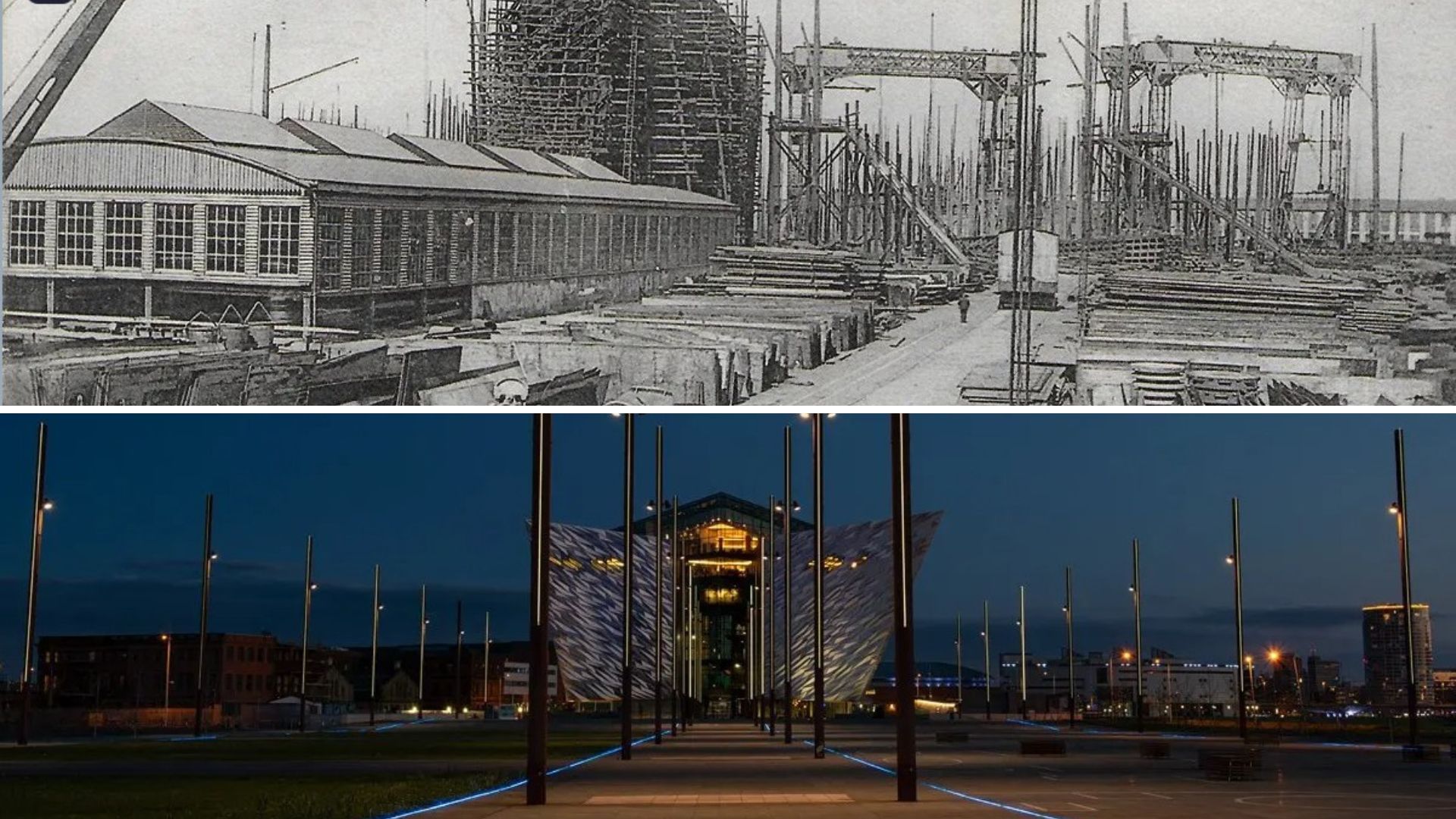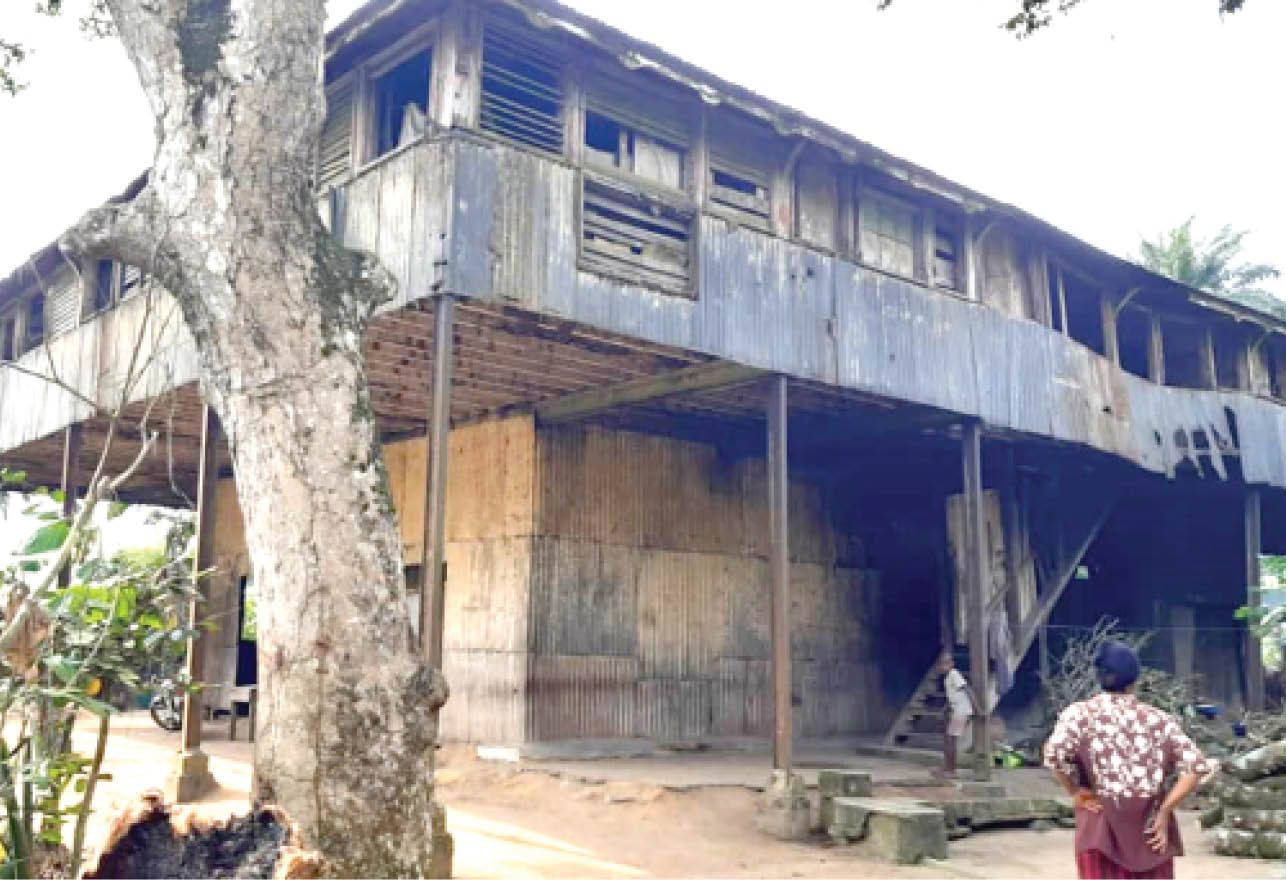Introduction
Tourism has long been recognized as a powerful tool for economic development, job creation, and poverty alleviation. Globally, countries have leveraged their cultural and historical assets to drive tourism revenues and create employment opportunities. In Nigeria, while traditional tourism models have struggled to reach their full potential, an emerging niche—dark tourism—offers a compelling alternative.
📥 Download the Full Research Insight
To explore a detailed strategy for Nigeria’s dark tourism development, download the full research insight here.
Dark tourism, which involves visiting sites associated with historical tragedies, conflict, and suffering, has proven to be a strong economic driver in countries like Germany (Holocaust Memorials), Rwanda (Genocide Memorials), Cambodia (The Killing Fields), and South Africa (Apartheid Museums). These nations have transformed their tragic pasts into destinations of historical reflection and learning while creating sustainable economic benefits for local communities.
For Nigeria, which has a wealth of historical sites tied to colonial oppression, the transatlantic slave trade, the Nigerian Civil War, ethnic and religious conflicts, and political upheavals, dark tourism presents an opportunity to create jobs, generate foreign exchange, boost infrastructure development, and alleviate poverty, particularly in underserved communities.
By strategically developing its dark tourism sector, Nigeria can turn its painful past into a profitable and purposeful future.
The Economic Potential of Dark Tourism
Dark tourism is more than a historical preservation effort—it is a multi-billion-dollar industry that stimulates economic growth, infrastructure development, cultural preservation, and job creation.
Countries that have successfully harnessed dark tourism have reported:
- Increased Foreign Exchange Earnings: Poland’s Auschwitz-Birkenau Memorial and Museum attracts over 2 million visitors annually, generating significant revenue through ticket sales, guided tours, and historical exhibitions.
- Boost in Local Employment: The Rwanda Genocide Memorials provide jobs for tour guides, historians, conservationists, hospitality workers, and souvenir vendors, creating sustainable income for thousands of citizens.
- Development of Supporting Industries: Dark tourism stimulates investment in transportation, hospitality, food services, and security, fostering economic activity in surrounding areas.
For Nigeria, where unemployment and poverty levels remain high, developing a structured dark tourism economy can provide a much-needed financial boost—particularly in regions with rich but underutilized historical assets.
Nigeria’s Untapped Dark Tourism Sites
Despite its vast historical and cultural assets, Nigeria has yet to fully integrate dark tourism into its national economic strategy. The country has numerous sites with global tourism appeal, but many remain neglected, undocumented, or underdeveloped. Some of the most promising dark tourism locations include:
- Badagry Slave Port and the Point of No Return (Lagos State)
- A major hub of the transatlantic slave trade where millions of enslaved Africans were transported to the Americas.
- Potential to become a UNESCO World Heritage Site, drawing African diaspora visitors seeking reconnection with their ancestry.
- Ojukwu Bunker (Abia State)
- A crucial wartime facility used by the Biafran government during the Nigerian Civil War (1967–1970).
- Could serve as an educational center on conflict resolution and national unity.
- Chibok Memorial (Borno State)
- Honoring the memory of the Chibok schoolgirls kidnapped by Boko Haram in 2014.
- Can be developed as a site for global advocacy on girls’ education and counterterrorism awareness.
- Jos Crisis Memorial (Plateau State)
- A proposed site for remembering victims of ethno-religious conflicts in northern Nigeria.
- Can contribute to peacebuilding initiatives and community healing.
- Lokoja’s Colonial Relics (Kogi State)
- Home to Nigeria’s first British administrative headquarters and an important location in pre-independence history.
- An opportunity to attract scholars, history enthusiasts, and tourists interested in Nigeria’s colonial past.
Each of these sites, if properly preserved and marketed, can attract millions of domestic and international visitors, generating employment, boosting local businesses, and creating economic opportunities for disadvantaged communities.
How Dark Tourism Can Alleviate Poverty in Nigeria
1. Job Creation and Local Empowerment
Dark tourism development creates direct and indirect employment opportunities in multiple sectors, including:
- Heritage Site Management – Employing historians, archaeologists, conservationists, and tour guides.
- Hospitality and Tourism Services – Boosting hotels, restaurants, and local markets.
- Security and Transportation – Increasing demand for transport services, local crafts, and heritage tourism operators.
By training local communities to manage heritage sites and participate in tourism-related businesses, dark tourism ensures that the economic benefits reach the grassroots level, reducing poverty in historically significant but underdeveloped regions.
2. Revenue Generation and Economic Growth
Nigeria can generate millions of dollars annually through:
- Entrance Fees and Guided Tours – Structured pricing for visits to historical sites.
- Museum and Exhibition Sales – Monetizing historical artifacts, books, and digital content.
- Memorial Events and Festivals – Annual historical commemorations attracting thousands of visitors.
- Heritage-Based Education Programs – School excursions and university research partnerships.
A well-developed dark tourism sector increases foreign exchange inflows while diversifying Nigeria’s economy beyond oil dependence.
3. Infrastructure Development
Dark tourism necessitates investments in transportation, security, and visitor facilities, leading to broader infrastructure improvements that benefit not just tourists but also local residents.
By developing road networks, airports, and hospitality services around dark tourism sites, Nigeria can stimulate rural development, bridge urban-rural economic divides, and create sustainable growth.
4. Cultural Preservation and National Identity
Nigeria’s history is rich but under-documented. Dark tourism ensures:
- The preservation of historical sites and national heritage.
- The accurate retelling of Nigeria’s past for future generations.
- A strengthened sense of national identity and unity.
By investing in dark tourism, Nigeria honors its past while securing its future.
Strategic Roadmap for Dark Tourism DevelopmentFor dark tourism to succeed as a poverty alleviation tool in Nigeria, a structured roadmap must be adopted, including:
- Government Policy and Institutional Frameworks
- Developing a National Dark Tourism Strategy.
- Establishing a Heritage and Tourism Development Commission.
- Infrastructure Development
- Improving roads, security, and visitor centers at historical sites.
- Digitizing heritage tourism through virtual tours and augmented reality experiences.
- Community Engagement and Capacity Building
- Training local tour guides and empowering artisans.
- Ensuring that heritage tourism profits benefit local communities.
- Strategic Marketing and Global Partnerships
- Collaborating with UNESCO, African Union, and global tourism bodies.
- Leveraging Nollywood, digital media, and social platforms to promote dark tourism globally.
Conclusion: Unlocking Nigeria’s Dark Tourism Potential
Dark tourism presents a transformational opportunity for Nigeria—one that goes beyond tourism to address poverty alleviation, job creation, and cultural preservation. With strong policies, strategic investments, and international collaborations, Nigeria can position itself as a leading dark tourism destination in Africa.
By leveraging its rich but often painful history, Nigeria can turn past struggles into present opportunities, ensuring that history is not just remembered but actively contributes to economic and social development.
🔹 The time to act is now.
🔹 Let us reclaim our history, empower our communities, and build a sustainable future through dark tourism.
📥 Download the Full Research Insight
To explore a detailed strategy for Nigeria’s dark tourism development, download the full research insight here.












Leave a Reply